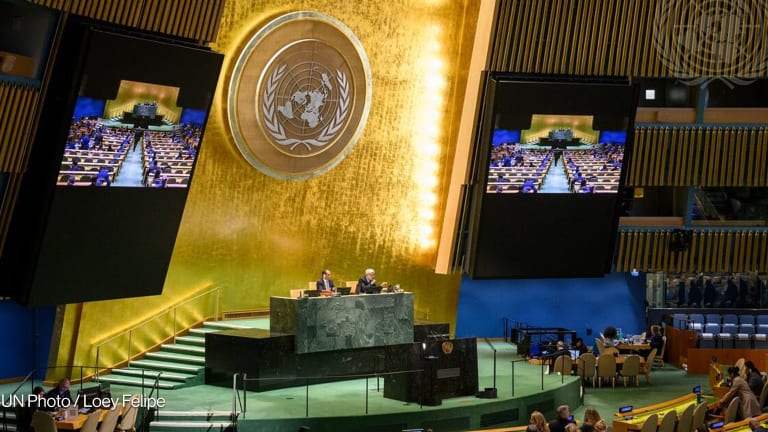We live in a world of overlapping crises — climate change, rising seas, food price hikes, long-running wars, growing disease burdens, and contracting economies, just to name a few. The 39 nations classified as small island developing states, or SIDS, by the United Nations are among the most affected by these challenges, and yet the least responsible for them. While many of these crises manifest themselves as economic and social threats, the impacts on the health of populations are an often neglected issue.
In fact, SIDS are on the front line of many health threats. This is particularly true in the areas of noncommunicable diseases, or NCDs, and mental health, with consequences for premature mortality and threats to livelihoods and well-being.
SIDS have disproportionately high rates of cardiovascular diseases, diabetes, cancer, and chronic respiratory conditions. Pacific island countries account for nine out of the top 10 countries in the world with the highest prevalence of obesity among both women and men. Commercial and trade-related forces create persistent barriers to access healthy, safe, and sustainable diets. Tobacco use and mental health conditions such as depression and anxiety are also highly prevalent.









